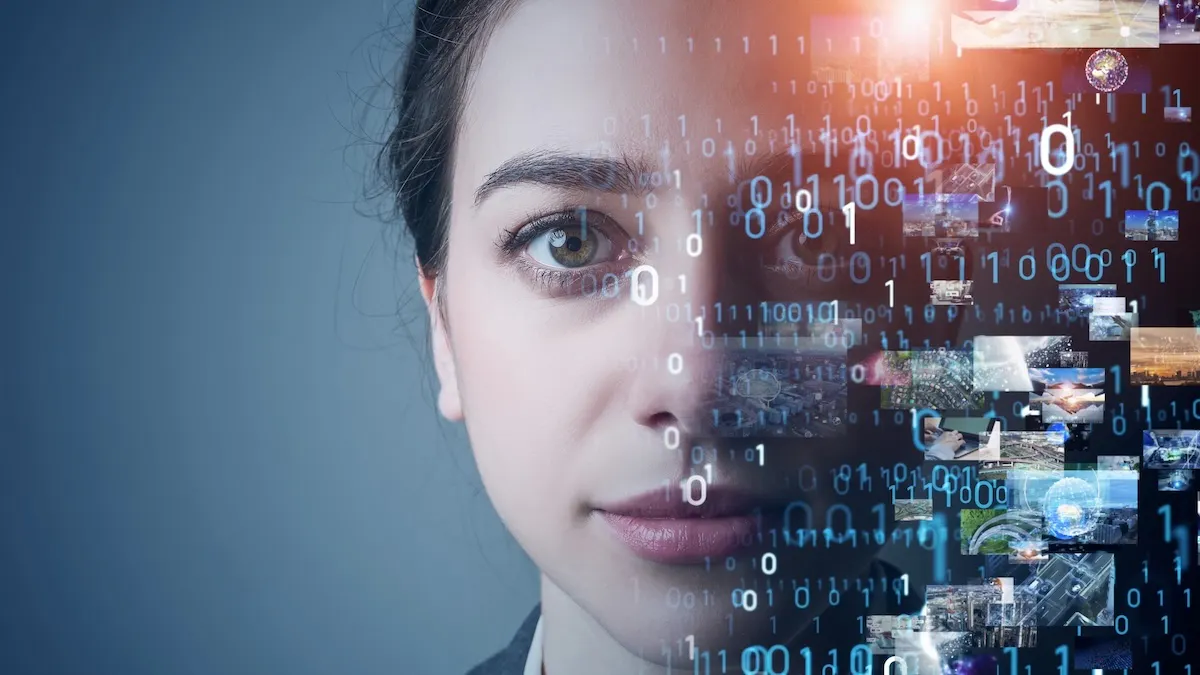Disney actor Calum Worthy is at the center of a controversy involving 2wai, a new AI-driven app he co-founded that allows users to create digital avatars of people, including dead relatives.
Social media users have piled on Worthy, who is best known for roles in “Austin & Ally” on The Disney Channel and Hulu’s true-crime series “The Act,” after the star shared a promo for 2wai (“two-way”) on multiple social media platforms. Worthy and Hollywood producer Russell Geyser founded the AI start-up.
The company launched its social app on the App Store on Tuesday. It allows users to create “HoloAvatars” via artificial intelligence. Per the company page, the avatar “looks and talks like you, and even shares the same memories.”
“What if the loved ones we’ve lost could be part of our future?” Worthy shared to his X page alongside a promo. The post has almost 26 million views since it was posted earlier this week.
What if the loved ones we’ve lost could be part of our future? pic.twitter.com/oFBGekVo1R
— Calum Worthy (@CalumWorthy) November 11, 2025
The ad shows a grandmother speaking to her grandson, Charlie, at different points in his life, even though she died before he was born. The avatar of an old woman helps her daughter through pregnancy and then has a relationship with her grandson, all through the app. Then Charlie asks his grandmother for advice when he’s about to become a father.
Near the end of the ad, it goes back in time to show the deceased woman’s daughter helping her upload her likeness to the app.
The ending message says, “With 2wai, three minutes can last forever.”
“At 2wai, we’re building a living archive of humanity, one story at a time,” Worthy said on X in a follow-up post. “It all starts with the social network for avatars: the 2wai app.”
Many users have compared the app to a 2013 episode of the popular British sci-fi series “Black Mirror.” In it, the character creates an AI version of her boyfriend after he’s killed in a car accident.
The comments were overwhelmingly negative.
“Demonic, dishonest, and dehumanizing. If I die and you put words in my mouth I will curse you for all eternity,” one person replied.
“I think this will potentially cause a lot of pain, but not in a ‘oh no, this is demonic, oh no, you’re trying to raise the dead’ kind of way. More like you’re giving people a false expectation that they will be able to reconnect with their lost loved ones when this can never reproduce their presence and would only give the illusion of reproducing it,” another comment said.
“What this will do is give people false hope with an unreliable and unsustainable illusion. Eventually they’ll see through it, they’ll see that it’s just a bot and it will lead to significant disappointment.”
“But they can’t be and this doesn’t bring them back,” a third agreed. “It’s not grandma’s thoughts or ideas, and it’s not her memories. All it does is paper over the fact that she’s dead. Ironically, it dehumanizes the deceased person even more.”
“It is hard to shake the dread I feel come over me when I see this,” another comment said.
“Nightmare fuel,” another agreed.
“I hate this,” journalist Caitlin Johnstone wrote. “These predatory AI corporations are trying to convince us that (A) chatbots are people, and (B) a ‘person’ is nothing more than a certain appearance with certain speech tendencies. They are attacking the very philosophical and moral underpinnings of our entire society stretching back through millennia of human civilization, and they are doing it for money.”
“They are attacking the most sacred parts of us for the stupidest reasons imaginable,” Johnstone continued. “They are enemies of our species. What they are doing must be rejected with severe revulsion.”

.png)
.png)

